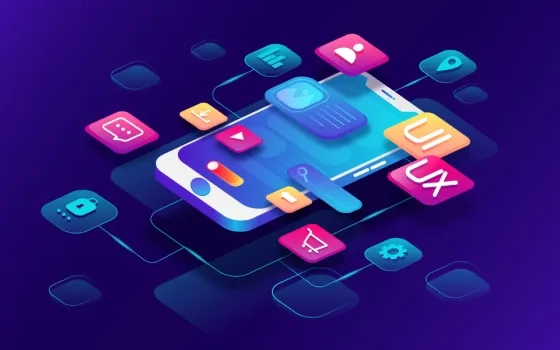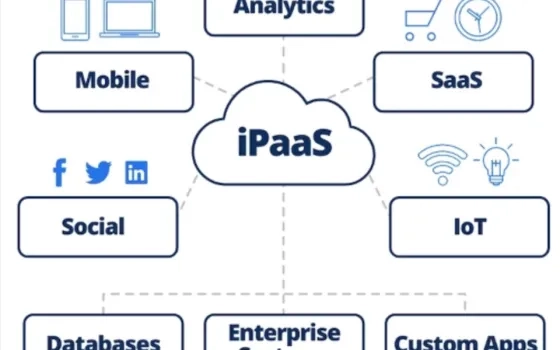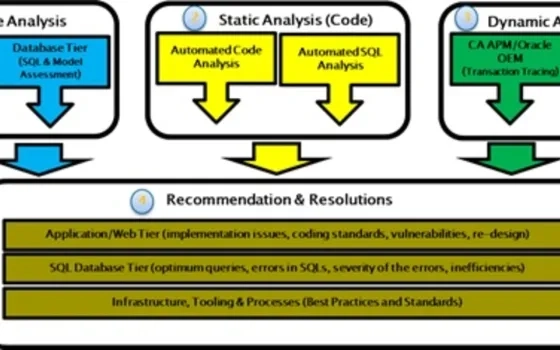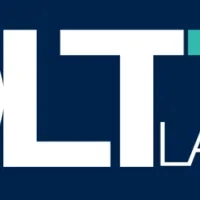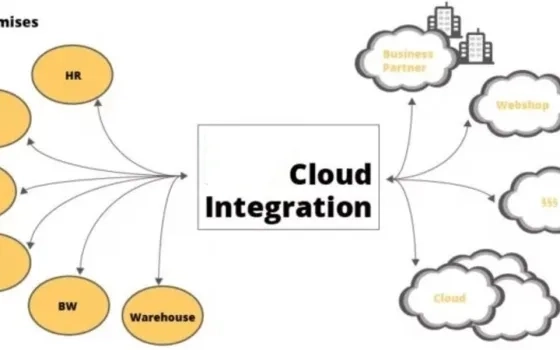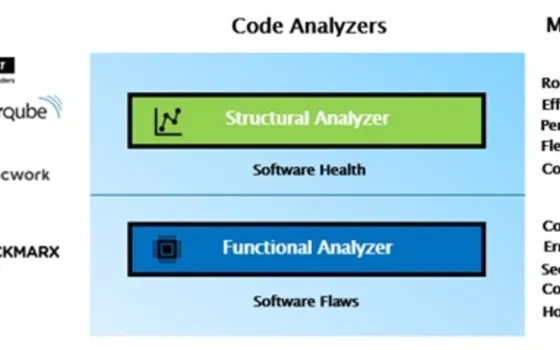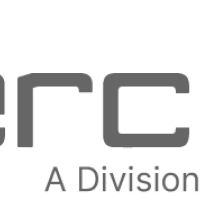Digital transformation is upon us all and what might have seemed like a niche to even the top CIOs in leading corporates a decade ago is now a living reality.
With technologies like IoT, 5G, AI and development movements like no-code and low code, time-consuming, error-prone and difficult to manage tasks and processes are getting streamlined and giving an in-depth view of the business data; further enabling industries to shape their future.
These development methodologies are enabling line of business leaders, CIOs, project managers, consultants Resolve cross-industry problems and building a future that is better than today.
This trend of digitalisation is particularly changing the healthcare industry and the pharma industry as a core part is no exception to this.
The right combination of the said technologies is enabling drastic changes in business models and global manufacturing operations. With the high level of integration, automation and real-time connectivity, the medicine manufacturing and packaging will become transparent and distributed in a more controlled fashion given the regulatory constraints and requirements.
The pharmaceutical industry and mobile apps
Innovative and fast-moving, the pharmaceutical industry can keep up with that volume of change and innovation to remain among the top companies in the world. Pharma executives are well aware of the disruptive potential and are experimenting/evaluating with a wide range of technical/digital initiative while determining what initiatives will help scale up and grow.
The pharmaceutical industry is no stranger to mobile apps, with Big Pharma companies having an average of 65 mobile apps. Apps are set to become key tools across the industry. While most current apps are customer-facing and B2C, companies could also be looking at enterprise apps to make an impact internally such as increasing productivity and streamlining internal processes.
5 apps you must have if you’re a pharmaceutical professional
- Imagine a sales support app to help the medical representatives improve their product knowledge on-the-go and save them time in client meetings. The medical representatives can save up to 20 minutes a day by having the right knowledge on their devices rather than looking it up before the meeting. This will enable them to quickly add up to big numbers with 20 minutes a day to 400 minutes a month adding up to 10 workdays a year to work on other tasks such as more client meetings, in turn leading to more sales.Having access to all relevant sales and drug information, clinical studies, safety information, changing product information, competitor product information, delivered to their fingertips, in real-time will help them enhance their understanding of the product and sell them better while answering any questions the doctors throw at them. All the information on their mobile devices will give them better mobility while travelling between meetings so that they can prepare better and smarter, giving them the edge to stand out from their competitors.
- Paper-based manuals change daily as new studies are published, which means that they must be updated regularly. Having to consult these reference books for information can be a real pain, especially if you are in the middle of the meeting far away from medical resources.Self Service apps: Consult any medical reference book in digital format anytime, anywhere using your smartphone or tablet. The content can be instantly updated as new information becomes available.
Apps like these can save time and give you the potential to invest it elsewhere, stand out from competitors and stay at the top of the industry.
- It is no secret that training is extremely important. Pharma companies pay heavy emphasis on training them so that their conversation with the physicians they meet are at par. Given the fast-paced pharma industry, spending valuable time training new employees is a key part. With training and assessment app you can ensure your employees’ knowledge is up-to-speed without compromising on additional budgets or other employees’ valuable time. Share training material, videos, documents, quizzes, assessment and further empowering the workforce to take ownership of their learning.
You can gamify learning, maintain leaderboards, track performance and learning progress and make learning fun and engaging.
- Accounting apps: While the above apps have mainly focused on Employee support, some operational apps for the accounts and finance team can also be used. From capturing bills and uploading to a central database, A billing app to maintain smart reports and make informed decisions, scan barcodes, salts, brand name etc. Accept payments through multiple modes from multiple customers, send for approvals and avoid the paperwork or the email trails.
- Track drug shipments, inventory and replacements with a drug inventory management app. Enable high-level tracking of inventory along with eliminating the use of paper and human errors, thus increasing the efficiency of the services. Handle goos received, acknowledge shipments and request resupply in just a few taps (or clicks). The app can queue a lack of inventory in order to prevent dropping below the predefined threshold and reducing the scope of insufficient drug supply. The app can also assist in expiry tracking of inventory.
Companies can capitalize on such micro, task-based pharmaceutical apps and help streamline workflows, help increase employee knowledge and productivity whether it is manufacturing or sales.
Why should pharma companies build their own apps?
While the facts remain, a plethora of applications and ready to use software are present in the market, they have low user acceptance. The same can be attributed to the following:
- Most application software are offered by some of the larger pharma companies. They are either exclusive to certain markets, or they support only one language and fail to assist companies in other countries. In short, they do not address unification for cross markets and languages.
- Off-the-shelf apps have restrictive functionality; a one-size-fits-all philosophy does not apply.
- No support for cross-platform functionality. Apps built for android run only on android devices, iOS apps run on iOS and so on.
- Traditionally developed apps are difficult to maintain and scale. Updates are difficult and time taking to make and roll-out.
- Difficult to keep up and manage with the changing regulatory and compliance needs while managing customer needs and keeping an eye on the bottom line (business objectives)
- Apps suffer from poor interface design made keeping one segment in mind
‘Light touch’ micro apps facilitate user needs.
There is a need to adopt development technologies and allow pharma companies to stay on-trend, embracing and benefitting from the advancements in today’s technology.
Modern-age development methodologies like no-code and low-code enable users from any walk-of life to build solutions. Line of Business leaders with the best understanding of their business problem can quickly build apps and create highly customized and innovative solutions to their problem.
A hidden plus point with making your own apps is the low cost of developing and running these apps. Along with creating highly unique solutions, pharma companies can save on the resources that otherwise go into the traditional method of application development.
Your business information’s security is a primary concern especially if your patient’s personal information is at stake. What level of security do these off-the-shelf apps offer? Popular app no-code or low-code platforms offer enterprise-grade security that safeguards confidential information of both the company and its employees.
Apps getting built within the organization have proved to have a high level of user-engagement. With cross-platform capabilities, these apps get designed by the user who understands the business objective best, bringing the end-user closest to the solution development process.
Although mobile apps are merely the first step in a long future of technological innovations making their way to the healthcare sector, the competition within pharma companies will keep on getting fierce. Leveraging collaborative tools to deliver the best employee experience as well as patient service, you can get your edge in the industry by turning all your ideas into apps and rewarding your business in endless ways, improving your business performance and giving you the advantage to stay on top.
Readers can head over here to explore no-code development methodology for their mobile or web app requirements.



![Digitalizing the Pharma Industry [5 Must Have Apps for the Pharmaceutical Professionals]](/sites/default/files/styles/560_x_350/public/media/images/covid.jpg.webp?itok=r5qviF60)








